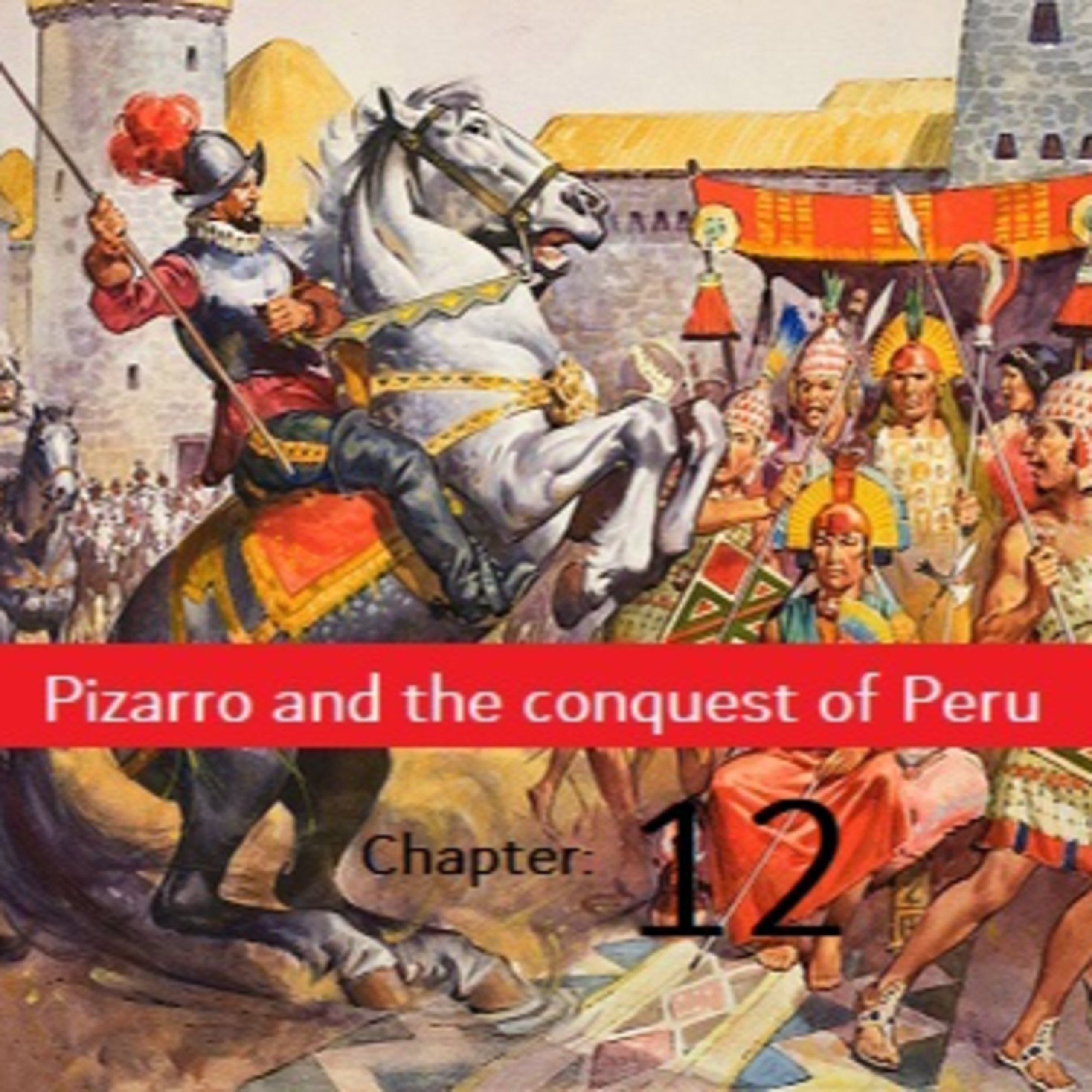
History: Pizarro and the conquest of Peru
By: Frederick A. Ober
Chapter 12
THE PRISONER AND HIS RANSOM 1532
RECALLED by shrill blasts of the trumpet, the cavalry ceased their pursuit of the fugitives, and returned to the plaza, where the last scenes of the dreadful massacre were enacted in the despatching of the wounded and the removal of the dead. While the pavement of the plaza was still encumbered with the victims of the Spaniards’ vengeance, the Inca was stmmioned from his cell to sup with his conqueror. Pizarro might have spared his prisoner this humiliation, but his nature was of the coarse and vulgar sort that gloats over the condition of a fallen foe. Atahuallpa had been roughly handled in the affray at the litter, and his robes torn from his person, so he was reclothed in less expensive garments, while his diadem and jewels were appropriated by the victor.
In the accounts given of this banquet following after the massacre, it is stated that the Inca bore himself with serenity, though still bewildered by the sudden and terrible change in his fortunes. Like Montezuma of Mexico, in similar circumstances, he accepted his hard fate stoically, and even indulged in the hope of an early release from imprisonment. But, with all his fortitude, he had, as may be imagined, but little appetite for the tempting viands that were set before him, nor would he more than taste the delicious wines in which Pizarro besought him to drown the remembrance of his woes.
It was veritably a «Barmecide feast» for the unfortunate Atahuallpa, who might well have thought it all unreal and but the product of a dream. He was brought to his senses, however, by Pizarro, who improved the occasion by delivering a homily upon his pride and arrogance; and he did not fail to mention how fortunate Atahuallpa should consider himself in having fallen into the hands of such considerate people as the Spaniards and such a merciful captain as himself. «Reflect,*’ he said, «upon what you did. You came against us with a mighty army; you threw the Book of Grod upon the ground; you insulted a minister of the Most High; yet we have preserved your life, and have Idlled but a few hundred of yotir people. This punishment, you cannot but perceive, has been sent in order that you should be abased, and be forced to acknowledge the greatness of otir Lord and God, in whom we believe.»
Atahuallpa humbly assented, amazed at himself that he shotdd accept the commands of this low-bom conqueror. He could not but admit that the gods of the strangers were more powerful than his own, though he was inclined to attribute his downfall to the fortunes of war and not to the defection of his gods. To the end, indeed, he clung to his belief in the sun-god, and gave adherence to no other.

